My First 5 Votes in Stage One of SPSFC 3
We are currently in the first stage of the third Self-Published Science Fiction Competition (SPSFC). Each team of judges is sampling all books in our team's allocation to decide which ones to read in full. For SPSFC 3, the ScienceFiction.news team was assigned 25 books.
As one of the judges, I have been reading 15 percent of each book before making a Yes/No decision on whether to recommend it for a full read. My votes will be tallied along with the rest of the team's judges and the six highest vote-getters will become our quarterfinalists.
Here are my first five Yes/No votes, which reflect my own personal views and not those of the entire team.
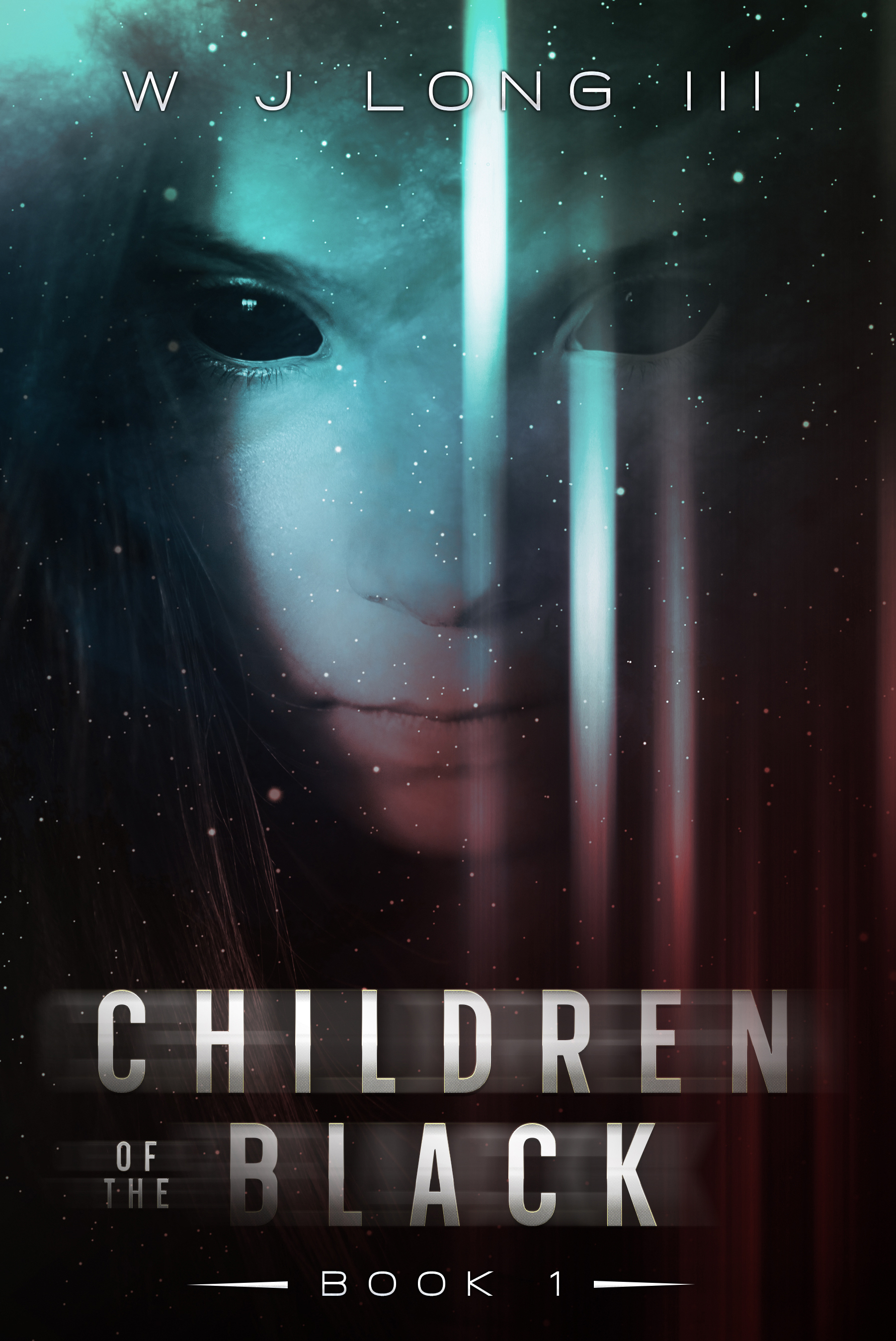
Children of the Black by W.J. Long III begins at the end of an intergalactic war that's older than any living humans. A special ops team is sent on one last mission, and like a movie where a gray-haired cop says he's just three days from retirement, you know something terrible is going to happen. After it does, a time jump propels readers into the post-war lives of survivors from the team without revealing what went wrong. The far future setting is well-crafted and the author does a nice job of giving just enough information to keep readers interested while the overall story remains enigmatic. I gave this one a Yes because it was so hard to stop after 15 percent.
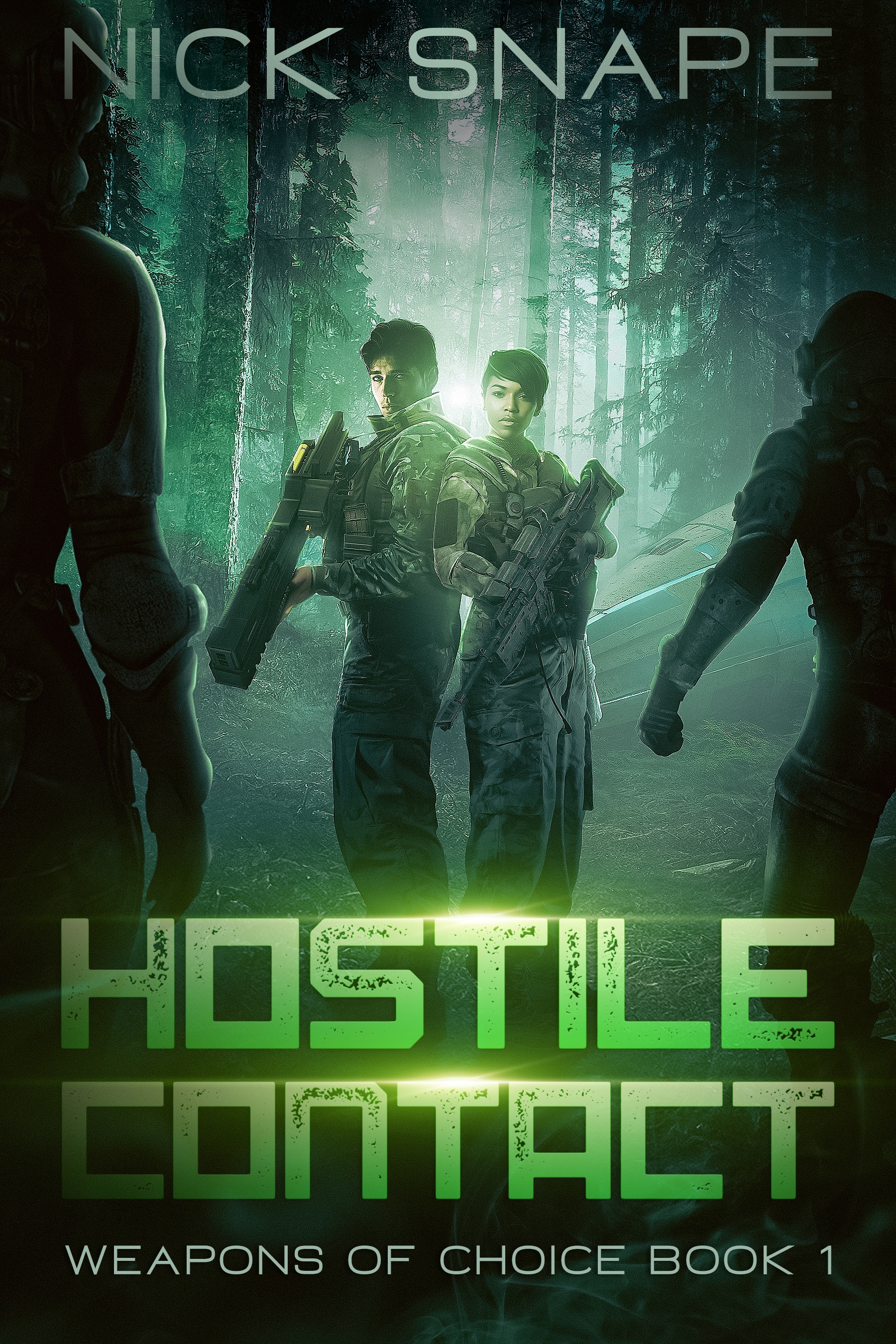
Hostile Contact by Nick Snape is a science fiction thriller about an AI-powered spacecraft headed towards Earth. While the world's governments grapple with the proper response to first contact, the alien attackers breach our atmosphere and unleash staggering weapons of destruction, rendering the policy debate moot. Self-published novels sometimes start plot too slowly but this was too fast for me. The action commences on the first page without time to learn reasons to care about the soldiers neck-deep in battle, though the author demonstrates aptitude for hard-charging military science fiction. This reminded me of a Daniel Craig James Bond movie that begins with an extended chase scene where he races along a rickety roof on a motorbike. The spectacle left me with more exasperation than exhilaration because I had no idea why anything mattered. This novel's malfunctioning AI drops some clues but that wasn't enough to hook me, so I voted No.
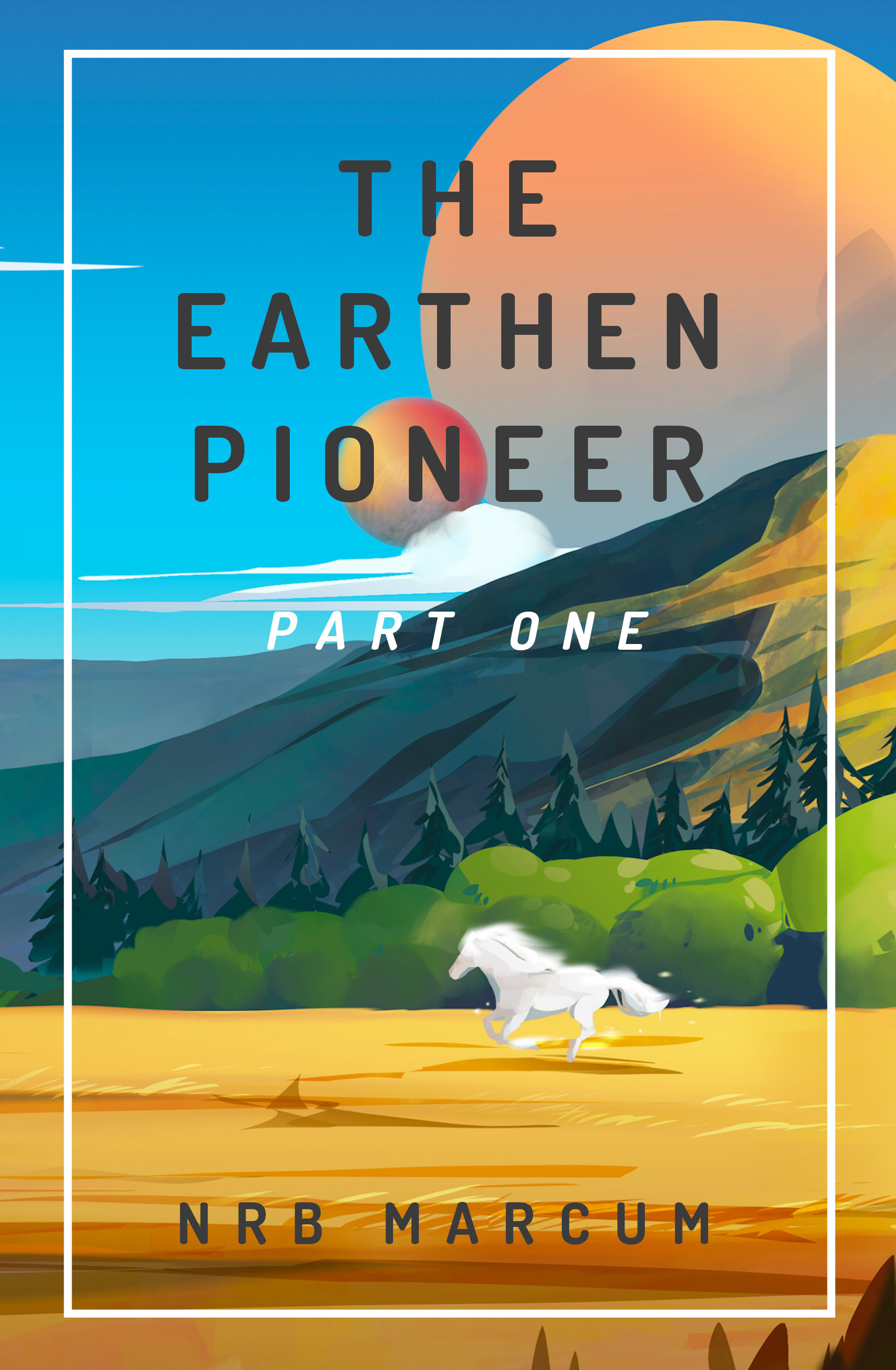
The Earthen Pioneer: Part One by N.R.B. Marcum is about an Earth captured by aliens where ragtag humans have escaped their control by living out of reach. Omid is a headstrong young man who relieves the boredom of farm chores by making daring raids on an alien outpost until he amasses enough kills to become alien enemy number one. Marcum's writing style has lofty ambitions and delivers real beauty in some passages while missing the mark in others. A stylistic flourish I didn't like was the frequent use of verbs other than "said" in relating dialogue. "That really wears me out when I read a novel," I sighed. Because I liked the protagonist Omid and hit the 15 percent mark during a dilemma that had me eager to continue, I voted Yes.
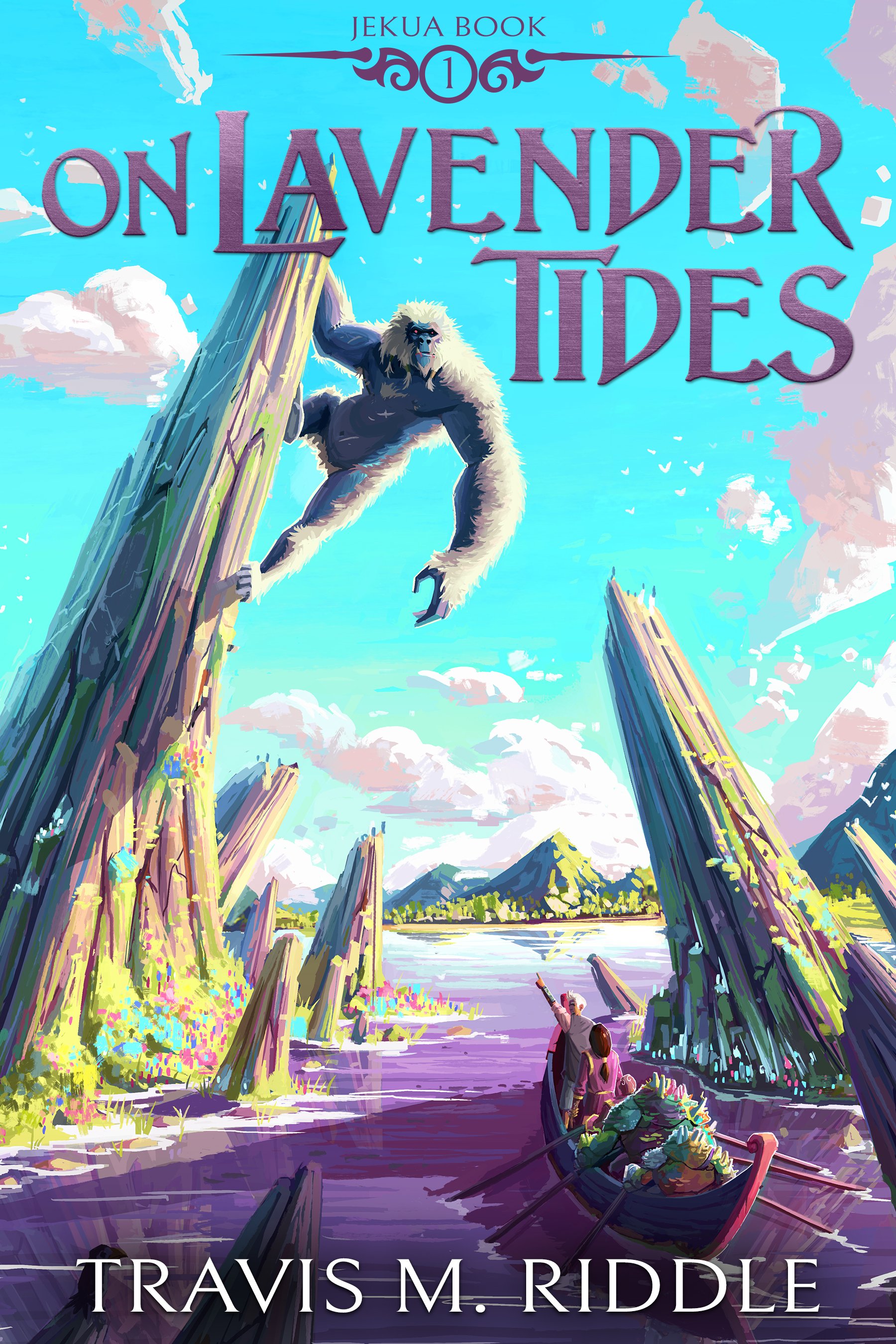
On Lavender Tides by Travis M. Riddle is a coming-of-age novel about a young man whose dream is to master the summoning of real creatures called Jekua so he can train virtual versions of them to win battles in his island nation's most popular spectator sport. I don't know if he gotta catch 'em all, but the novel is broadly inspired by Pokemon. Riddle has created a colorful world full of well-chosen names for people, places and animals. By the 15 percent mark I was intrigued by where the story was going even though the primary plot had yet to be revealed. However, the SPSFC is a contest for science fiction and I found little of that in a book full of spellcasting, manna powers and enough fantasy creatures to fill a Pokedex, er, Jektionary. For this reason my vote is a No.
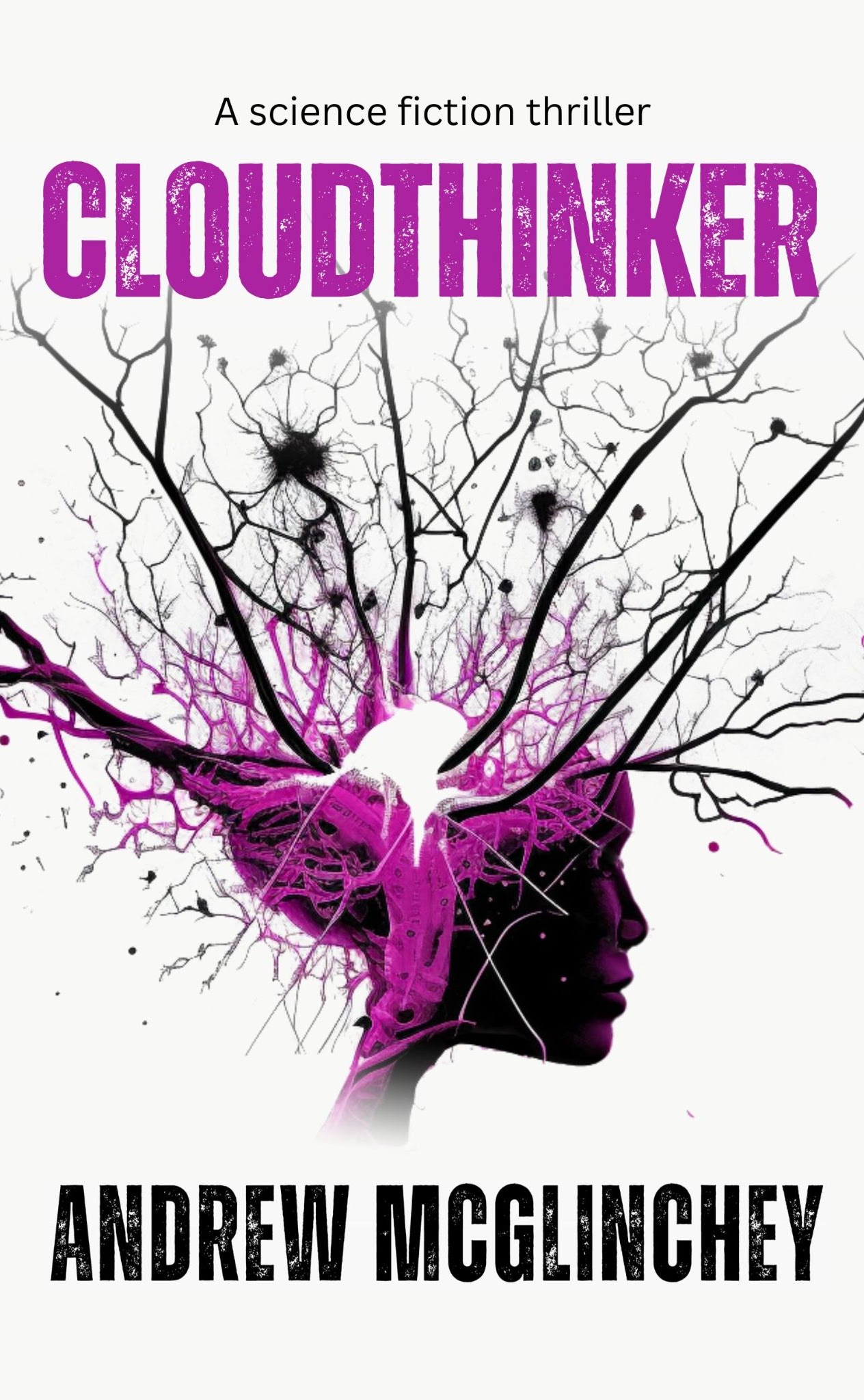
Cloudthinker by Andrew McGlinchey is about a tech journalist investigating the death of the burned out child prodigy mathematician Boogie Wu at a rapacious dot-com whose AI is claiming a dominant role in everyone's lives. The novel jumps forwards and backwards in time upon each new chapter but the author kept me from losing the plot, which is not an easy feat. By the point I needed to make a decision on continuing to read I was extremely curious about where it was going no matter the time, so it got a Yes.
If you have a different opinion of these books after reading them yourself, I hope you'll speak up in the comments or elsewhere on social media or the web. Evaluating a book after 15 percent is an imperfect process. As a judge in previous SPSFCs I've had novels that got a No from me at 15 percent that I later read in full and loved.
Comments
Thank you for the update and your time to read and post. Salient points all around.
Add a Comment
All comments are moderated before publication. These HTML tags are permitted: <p>, <b>, <i>, <a>, and <blockquote>.

